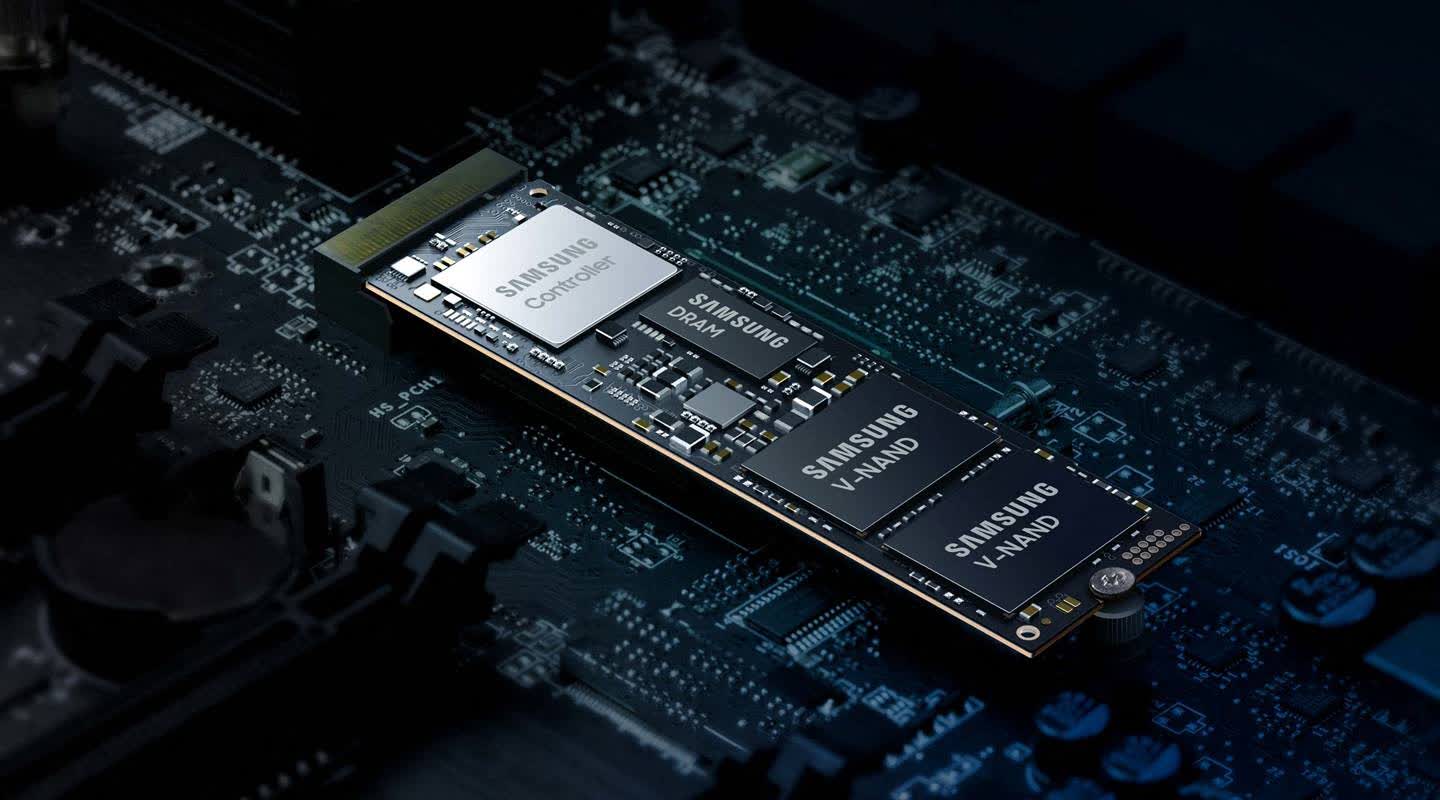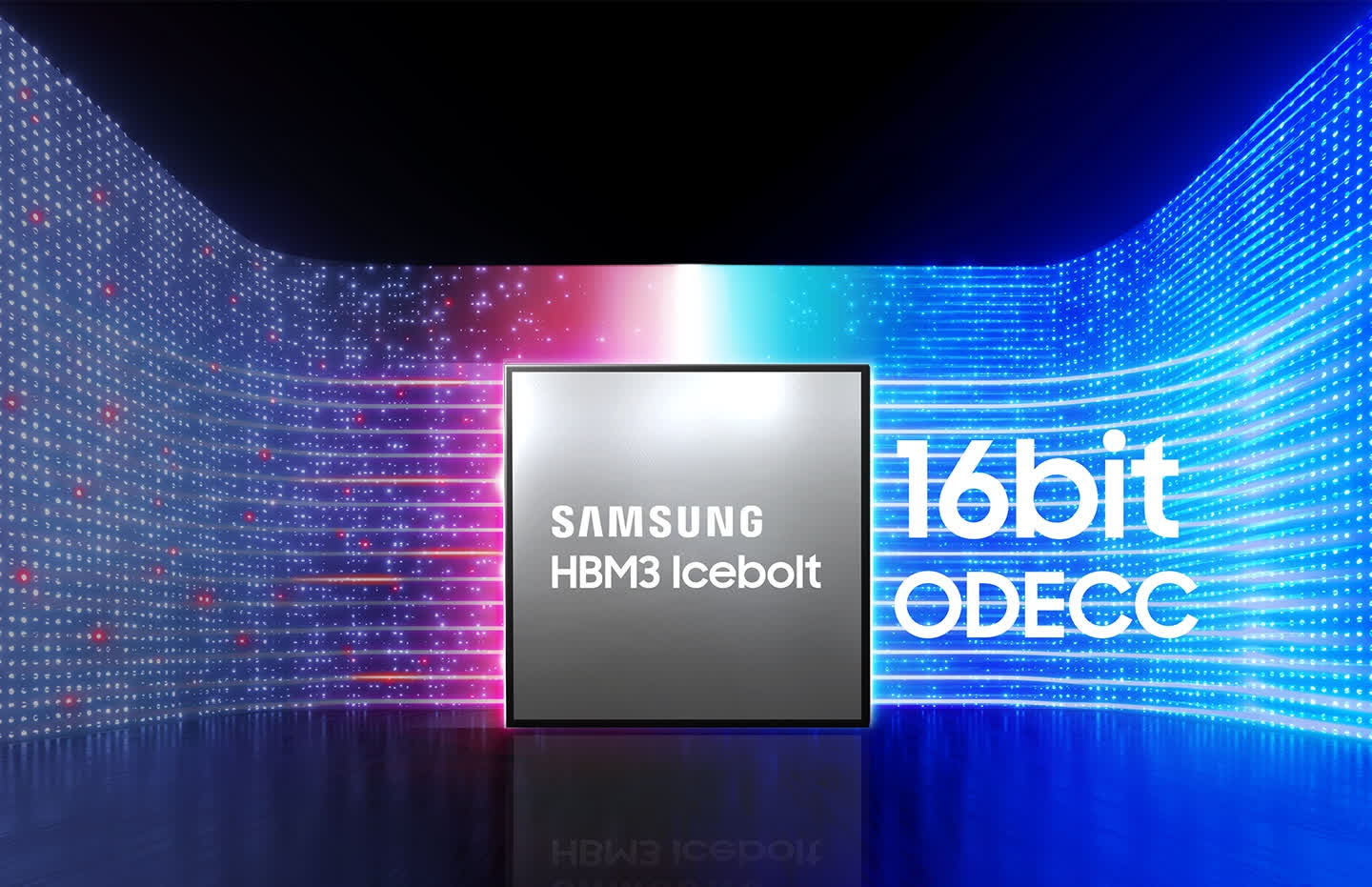Bottom line: PC owners might be wise to buy themselves a new SSD now rather than waiting any longer. According to a new report, Samsung, the world's largest manufacturer of flash memory, wants to increase the wholesale price of its NAND flash by up to 20% per quarter for at least the next two quarters.
An oversupply of DRAM and NAND in South Korea this year has seen SSD prices fall by over 30% since January. In April, Samsung confirmed it was preparing to reduce its chip output in the hope that scaling back production would keep prices from dropping any further. The company slashed even more production in the third quarter to help address the chip glut.
Samsung said in its quarterly earnings report last month that it had observed indications that the chip market was recovering as demand stabilized and customers introduced new products. As such, it expects the company's memory business to keep improving over the coming months.
We also heard in October that analysts and manufacturers had begun reporting rising revenue due to increasing DRAM and NAND shipments in the third quarter of 2023, suggesting storage and memory prices were about to rise.
Market research firm Trendforce reports that Samsung has already increased wholesale prices of its NAND chips by 10% to 20% this quarter, which could lead to consumer SSD prices jumping 5% to 13% by the end of the year.
Trendforce believes Samsung will continue increasing the wholesale price by 20% per quarter for at least another two quarters, meaning vendors could be paying up to 44% more by the middle of 2024. Consumers won't be handing that much extra for their SSDs, but such an increase would still drive prices up around 15%.
Being the biggest flash memory manufacturer means that where Samsung goes, others follow; thus, we can expect other manufacturers, most of whom also slashed production earlier this year, to start increasing their wholesale prices as well. The bottom line is that if you're thinking about buying an SSD, it would probably be wise to get one sooner rather than later.

